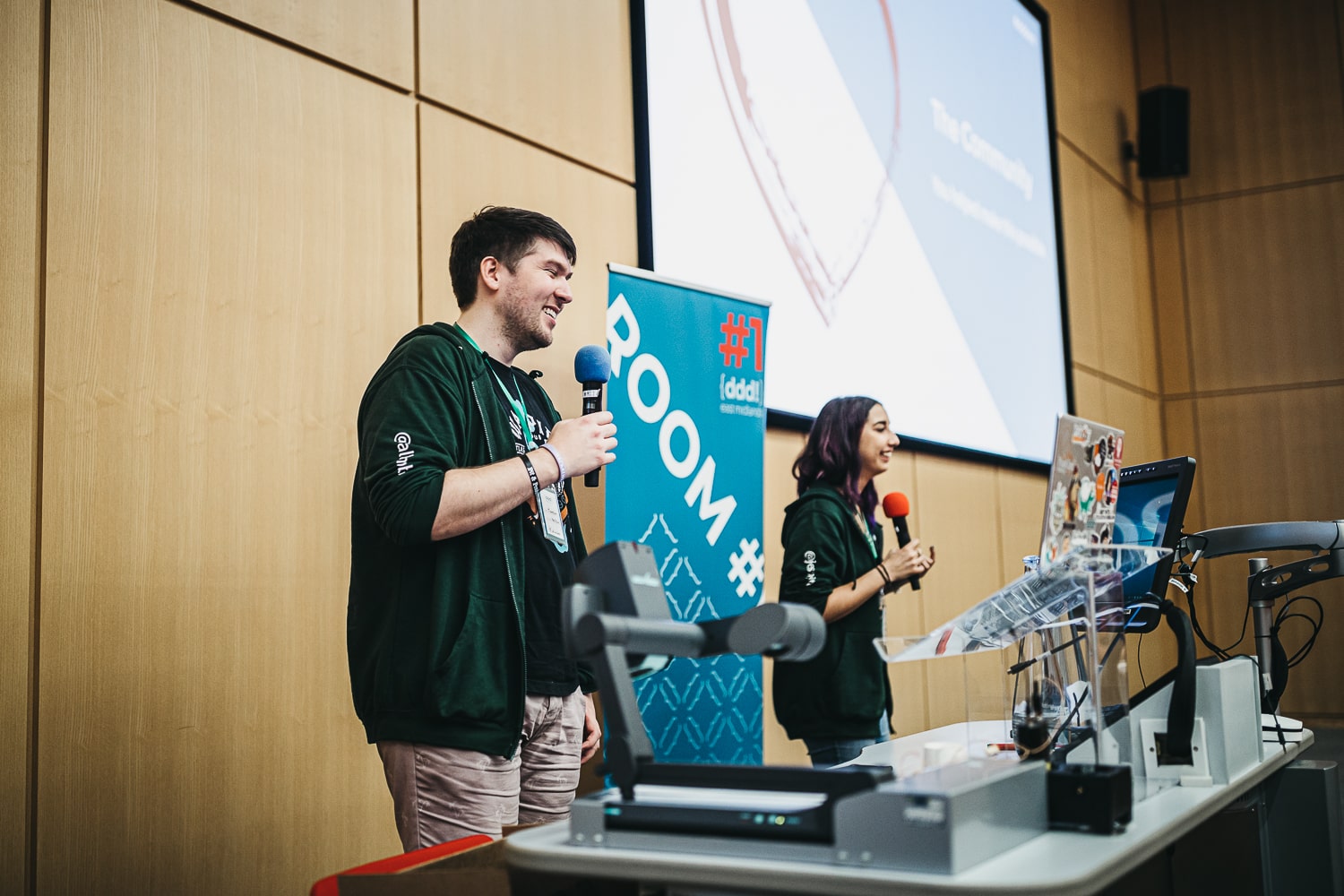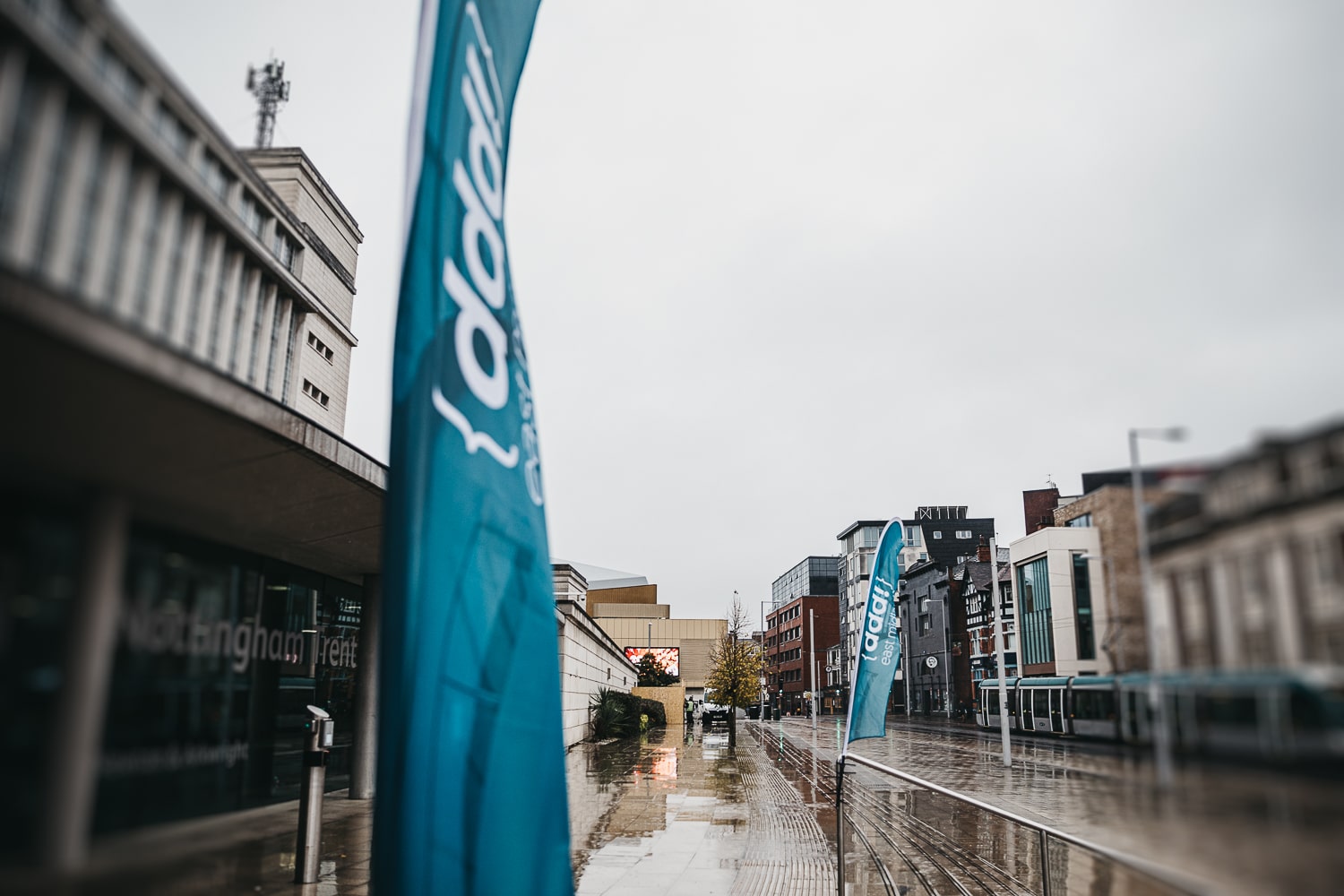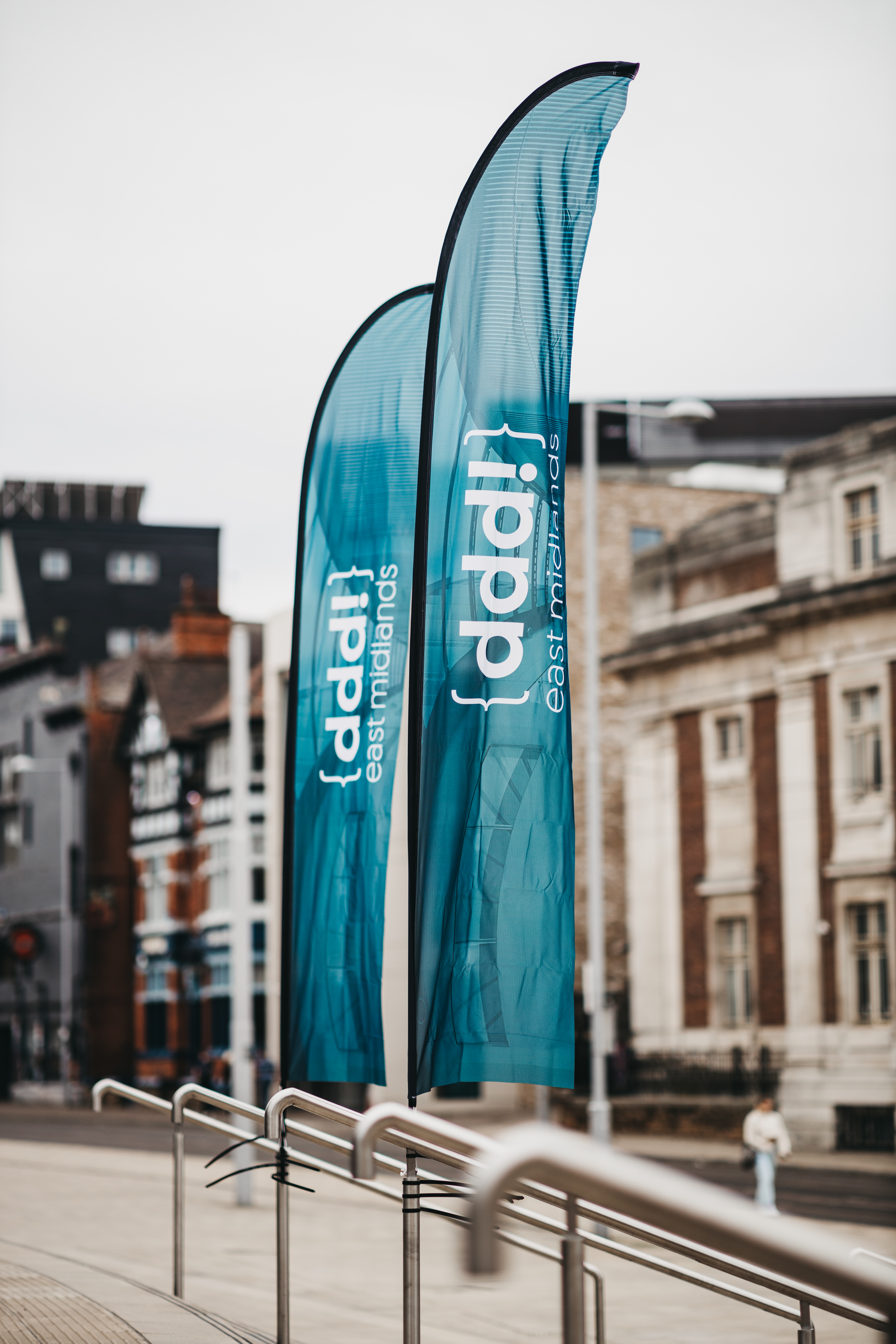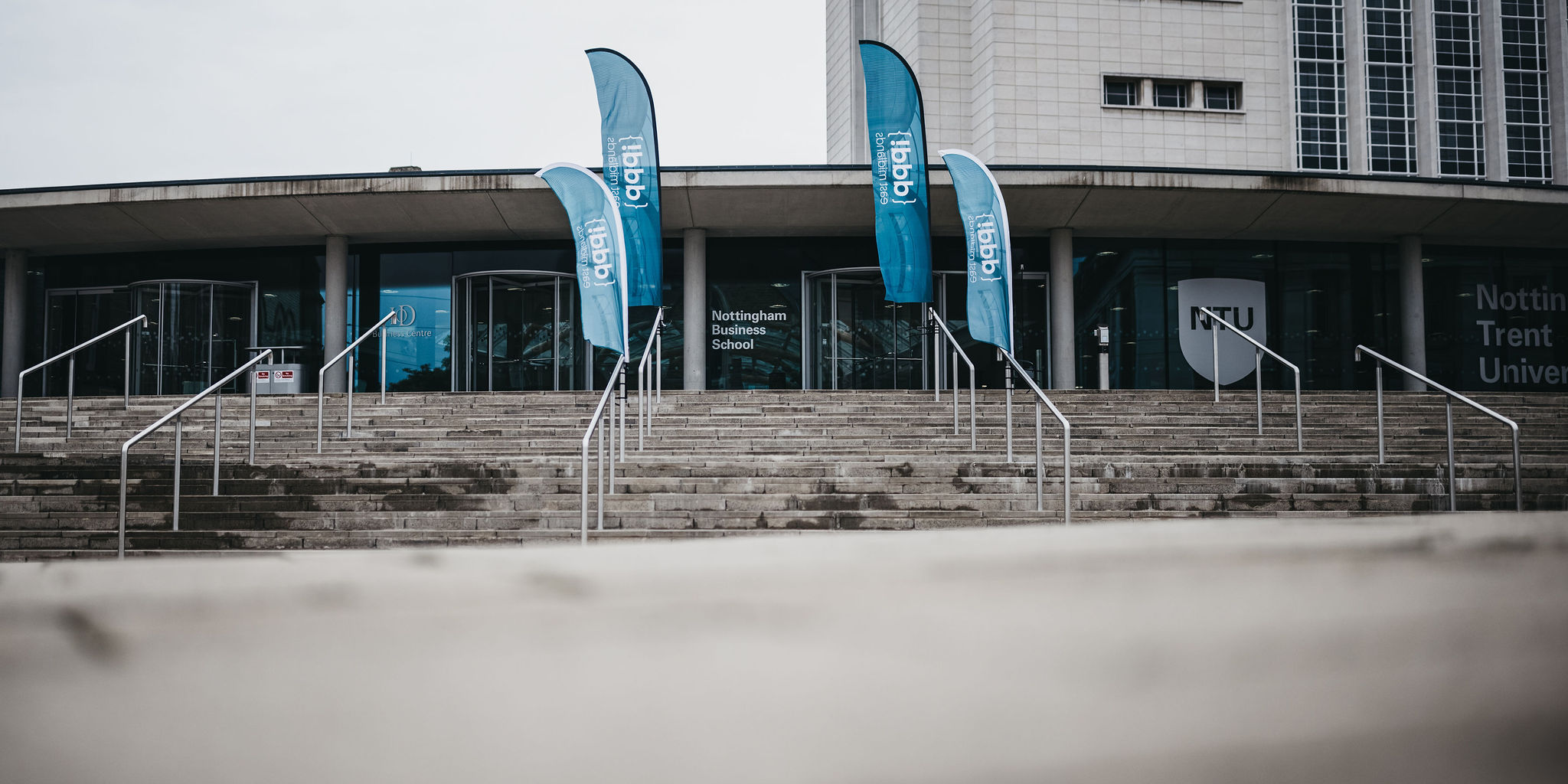Why we have an anonymous process
At DDD East Midlands, we have an anonymous submission process. What this involves is:
- People submit their talks through Sessionize. During this process we set Sessionize to anonymise all the submission details to minimise any possible bias.
- The titles and descriptions of the talks are shown on our website with any identifying information within them removed
- The attendees who have managed to get their tickets early vote on the talks they want to see.
- The top voted talks are selected. One talk per speaker.
- Some discretion is held by the organisational team. Though picked from the top voted, we can pull in up to 3 talks to help with diversity or other initiatives.
Recently there have been a number of questions about this initiative. As we want to be transparent with our decisions, I thought I would write up why we choose to have this selection process.
Where did we get the idea?
When setting up the first DDD East Midlands we researched other Developer! Developer! Developer! conferences globally. This idea was certainly influenced by other conferences.
DDD Perth has a blog on the positive impact of having an anonymous process on the diversity of their conference. This was most likely one of the event’s we got the idea from.
What are the positives?
Less intimidating for less experienced speakers.
This may be based on my own personal experience, but it can be hard to apply to conferences when you see a line-up of professional, well-known speakers who work for interesting or large companies. For myself, this can be a real imposter-syndrome trigger. When you know you are submitting to or potentially talking at a conference with well-known speakers, experts in their fields… it feels like your chances are low, and even if you did get in - why would anyone come see you speak?
By having the submissions based on title and talk description it lessens this pressure. You may still be submitting with some very experienced speakers, who might work for some great companies - but you are all being voted on based on title and talk description alone.
We are aware this isn’t an exact science. Some experienced speakers may have recognisable talks and titles. It is at least an attempt to make the submission process less intimidating, increasing the amount and variety of submissions.
Increasing the pool of experienced speakers.
This brings me neatly onto the next point. By no means am I de-valuing experienced speakers from great companies. There is only one way people become great, experienced speakers though, and that is through opportunity, practice and getting the experience in the first place.
We hope by encouraging and assisting less experienced speakers it will help them become one of the fantastic names we all know about.
We encourage our speakers to use the recordings of their talks for submissions to other conferences. We would love to see these excellent speakers at other conferences globally.
To help with this point, we offer support and training.
As we want our speakers to feel comfortable and prepared, and for our attendees to see fantastic quality talks, we provide various support and training to all selected speakers. We do the following to not only make it a good experience for speakers, but ensure the talks delivered are delivered well.
Speakers Workshop.
Our speakers and volunteers were invited to a speakers workshop to help with presentation and slide creation. It is a fantastic, hands-on workshop lead by Dylan Beattie. To find out more check out this blog by Riz who attended the day.
Mentoring.
We offer mentorship by experienced, international speakers to those who request it. This is a person to reach out to for whatever guidance is needed relating to presenting and preparing for the conference.
Exploring more options for 2020.
There are some extra forms of support for our speakers that I am currently looking into for the conference in 2020
We believe everyone has something valuable to teach.
Everyone has different experiences, and therefore something unique we can learn from. Not only that, but whether you work at a huge well-known company, or a company no one has heard of before, we all deal with overlapping and interesting issues.
Technology is a vast field with many topics and many ways to tackle individual problems. Each company faces their own ways with dealing with issues and their own unique flavour of how they approach things. No single person walks the same path and has the same experiences, outlook or opportunities another person has.
We can all learn from each other.
Removing bias
Organiser/Selection Bias.
As organisers we are very aware we have our own biases, conscious and unconscious. The first year, Moreton and I were the sole co-organisers. Not only do we live together, so share a lot of our experiences, but we have worked as backend developers, primarily for .NET and have similar interests in terms of technology.
By having the attendees vote on what they want to see, the selection becomes more a reflection of the communities interests rather than our own personal ones. Plus - it would be really difficult to choose between the talks. It’s not a job we would really want!
After voting has finished, the organisers do get to see the speaker details. We hold the right to shuffle a few talks to help on initiatives such as diversity, and each speaker only gets to present the top voted talk if a number of their talks makes it into the top billing votes. Even with the few talks we may shuffle, only the top voted meeting our criteria will get in and we only adjust up to 20% of the full schedule.
Unconscious bias of those selecting.
The anonymity is an effort to keep the selection process as fair and equitable as possible. Conscious or unconscious, we all have some bias. It’s human nature. By having everyone presented to the voters in the same way without having identifiable or differentiating characteristics presented clearly, we hope to decrease any influences outside the talk content.
Any negatives?
As mentioned, this isn’t an exact science and it won’t suit everybody’s needs. There are a few aspects that we should explore as potential negatives.
Can’t pick based on workplace, speaking reputation or known experience.
Some people like to attend conferences or talks based on the reputation of the speakers. Speaking is a skill which some lucky people have a talent for, but most have to rehearse and refine.
There are a few reasons why this point hasn’t swayed how we manage selection for the coming year:
We announce the selected speakers far in advance of the date.
If an attendee does want to choose whether they come to the event or not based on the presentations, that is completely fine. We announce all the talks, who is speaking and speakers full biographies well in advance of the conference date.
There are a lot of conferences who work to different models.
Selecting talks with the information of who is presenting and having some basis of there experience is not something we are against in any way. It’s how a lot of great conferences operate.
Neither way is right or wrong, it just offers variety. We attend, apply to and enjoy conferences that don’t have anonymous submission. We have just chosen to go the way of anonymous submission for this particular conference.
We offer support and training to all our speakers.
As mentioned previously, though we have no concerns about any of the submissions received, we offer help and support to speakers. Some may be less experienced, but we try to make speaking enjoyable, comfortable and to have everyone prepared to deliver their content well.
Sometimes you can still figure out who speakers are.
Because speakers do present content in multiple places (this is a good thing), sometimes a talk title or abstract may get recognised as being a certain speaker. Different people’s writing styles can also have an impact on whether they get picked, or indicate something about themselves.
We encourage those who submit not to share their talk titles on social media (as following can impact who votes for their talks), but that they can promote that they have submitted.
We are aware it’s not a bullet proof way of ensuring equity or equality, but it at least has some effect.
You need to be able to write a good description to get selected.
As speakers are voted on based on their talk title and description, these need to be written in a way that’s clear and attractive. This is really hard for most people. If you add in aspects which can cause some challenges writing in English, it may not be fair to some.
To combat this we have written a series of blogs with resources to help with writing an abstract and bio. We have also toured a talk around local meetups with these points and have some people who will review and give feedback for talk titles and descriptions to anyone who asks for help.
In summary
Hopefully this answers a few questions about why we chose to have anonymous submission and selection through attendee vote.
We are currently planning DDD East Midlands for next year and there is A LOT to look forward to. We hope you enjoyed last years and will continue to support us.








